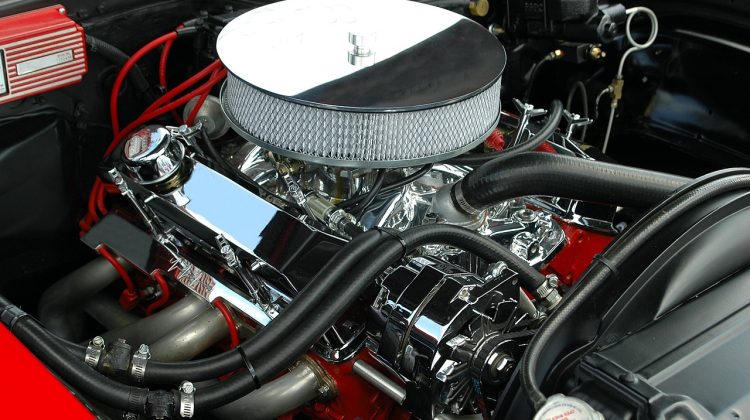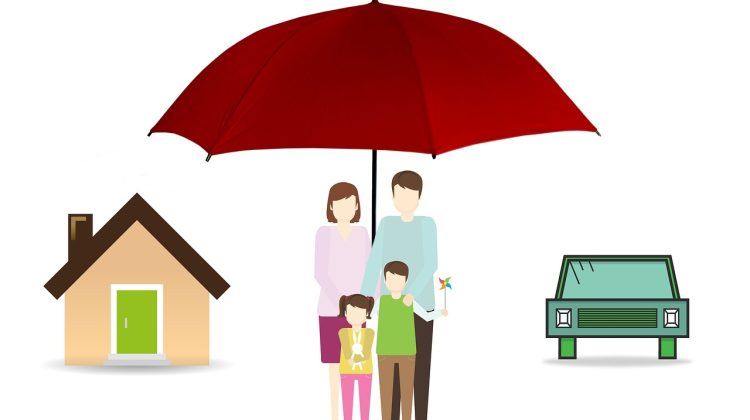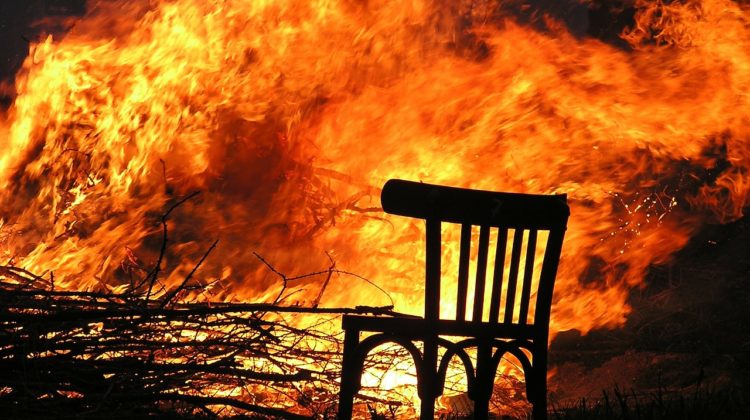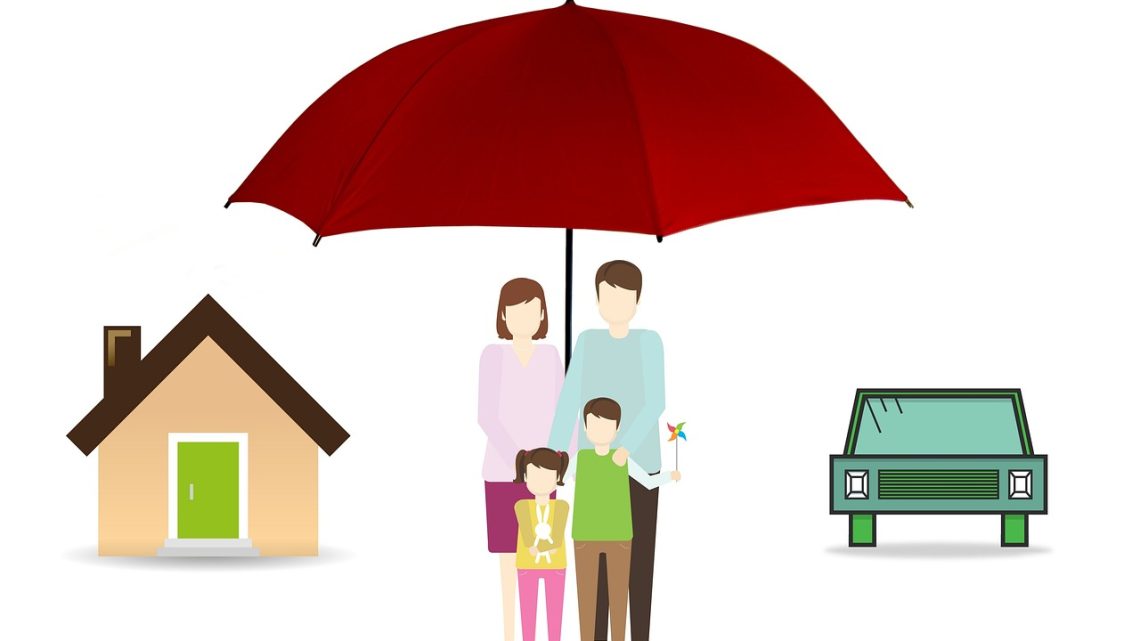What is a rat? Is it a cute, furry animal which makes a good pet, or a vile disgusting vermin? Or is it just yet another insurance risk?
At this time of year, it would appear so. As the weather gets colder and the first frosts begin, wild rats cannot rely on food supplies from household waste any longer. The UK rat population is seeking warmth, security and food inside our homes instead. This means that, because of a rat’s natural instinct to gnaw, householders are finding bricks, joists, furniture and even wiring and pipes are being chewed.
Aside from the aggravation and cost in fixing these problems, it’s also becoming apparent that these furry fiends are causing fires and even explosions in the homes they’re feasting on. An 80 year old grandmother had her gas pipes chewed through by rats and subsequently died after an explosion in her home caused by leaking gas. While this is an extreme case, it’s still a very real risk and householders are urged to check their pipes and wiring thoroughly for signs of rat infestation.
It’s estimated that rats and mice are responsible for around 7 percent of household fires as well as structural damage and damage to household contents. If you have home insurance you may think that you’ll be covered if you have to claim because of rodent interference, but in most cases you won’t be able to. The majority of insurers will not pay out for a house fire or other damages claim if it’s discovered that the cause was rodent damage.
So this winter, take some precautions to ensure you’re not affected by ratties. Setting rodent traps can be effective, as can sonic plug-ins which deter rodents by emitting a high-pitched noise. Check all round your house for possible entry points such as drains, dryer vents etc., and seal up if possible. Rodents are mostly attracted by food so make sure all household kitchen scraps are sealed up tight










No Comment